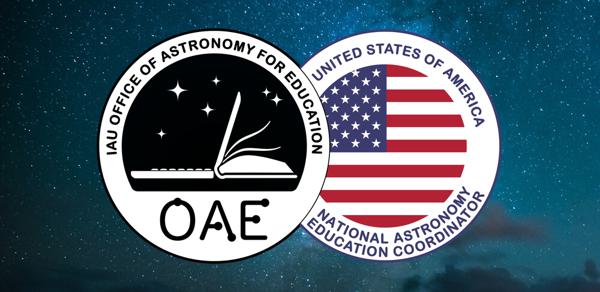Glossary term: 宇宙學原理
Description: 宇宙學原理是現代宇宙學的基礎,建立在觀測數據和基本假設之上。它指出,宇宙在空間上是各向同性的,在大尺度(幾億光年以上的尺度)上是均勻的。在有效大的尺度上進行觀測表明,宇宙在任何方向上看起來都 "看起來 "是一樣的;並且沒有特殊的方向(各向同性)。基於哥白尼原理(人類在宇宙中並不占據特殊位置)的基本假設是,宇宙在任何地方都是一樣的(均質),即似乎沒有“與眾不同”的位置。宇宙學原理伴隨著普遍性,即物理定律和基本常數在宇宙中的任何地方都是相同的:無論是在地球上還是在遙遠的星系中。
Related Terms:
See this term in other languages
Term and definition status: The original definition of this term in English have been approved by a research astronomer and a teacher The translation of this term and its definition is still awaiting approval
This is an automated transliteration of the simplified Chinese translation of this term
The OAE Multilingual Glossary is a project of the IAU Office of Astronomy for Education (OAE) in collaboration with the IAU Office of Astronomy Outreach (OAO). The terms and definitions were chosen, written and reviewed by a collective effort from the OAE, the OAE Centers and Nodes, the OAE National Astronomy Education Coordinators (NAECs) and other volunteers. You can find a full list of credits here. All glossary terms and their definitions are released under a Creative Commons CC BY-4.0 license and should be credited to "IAU OAE".
If you notice a factual or translation error in this glossary term or definition then please get in touch.








